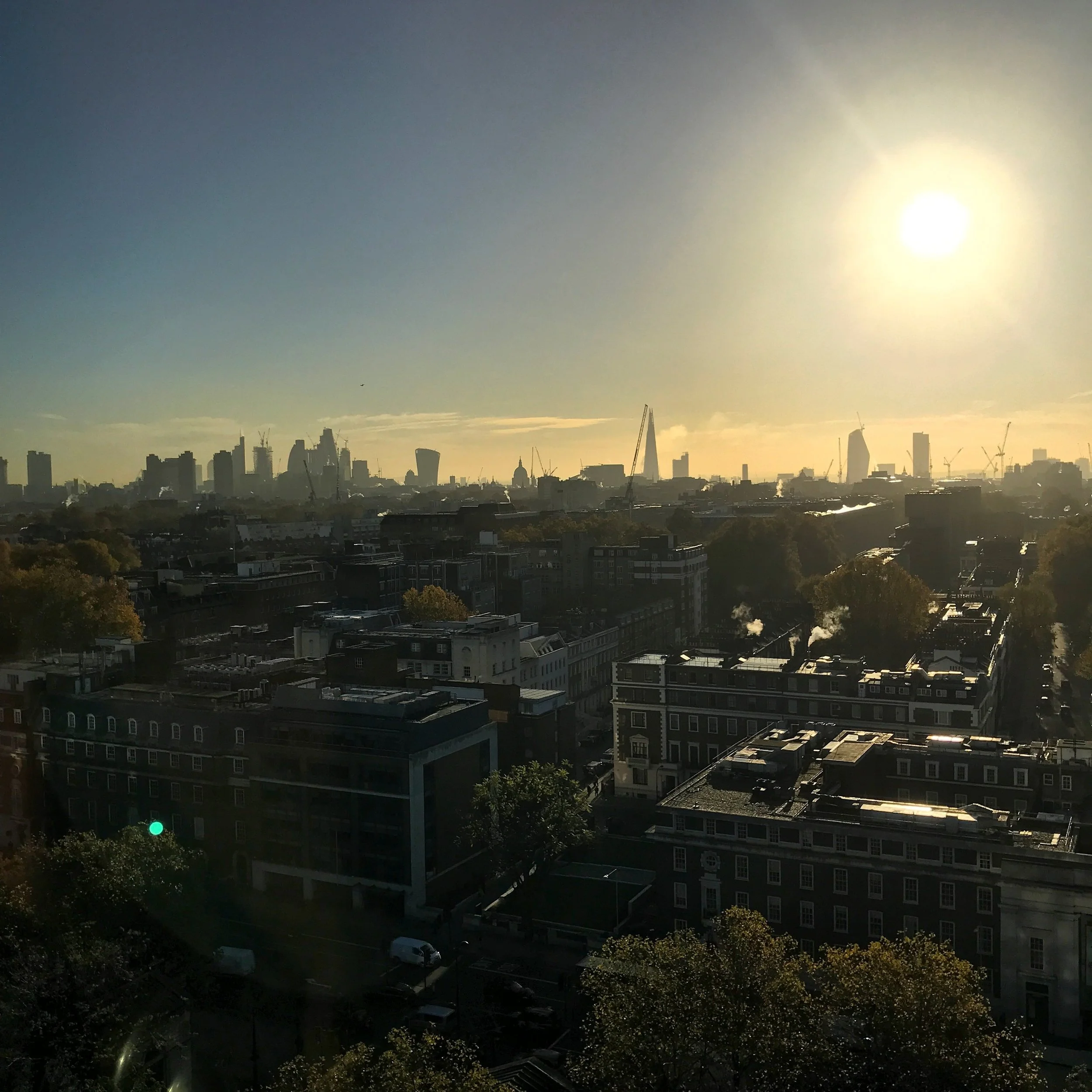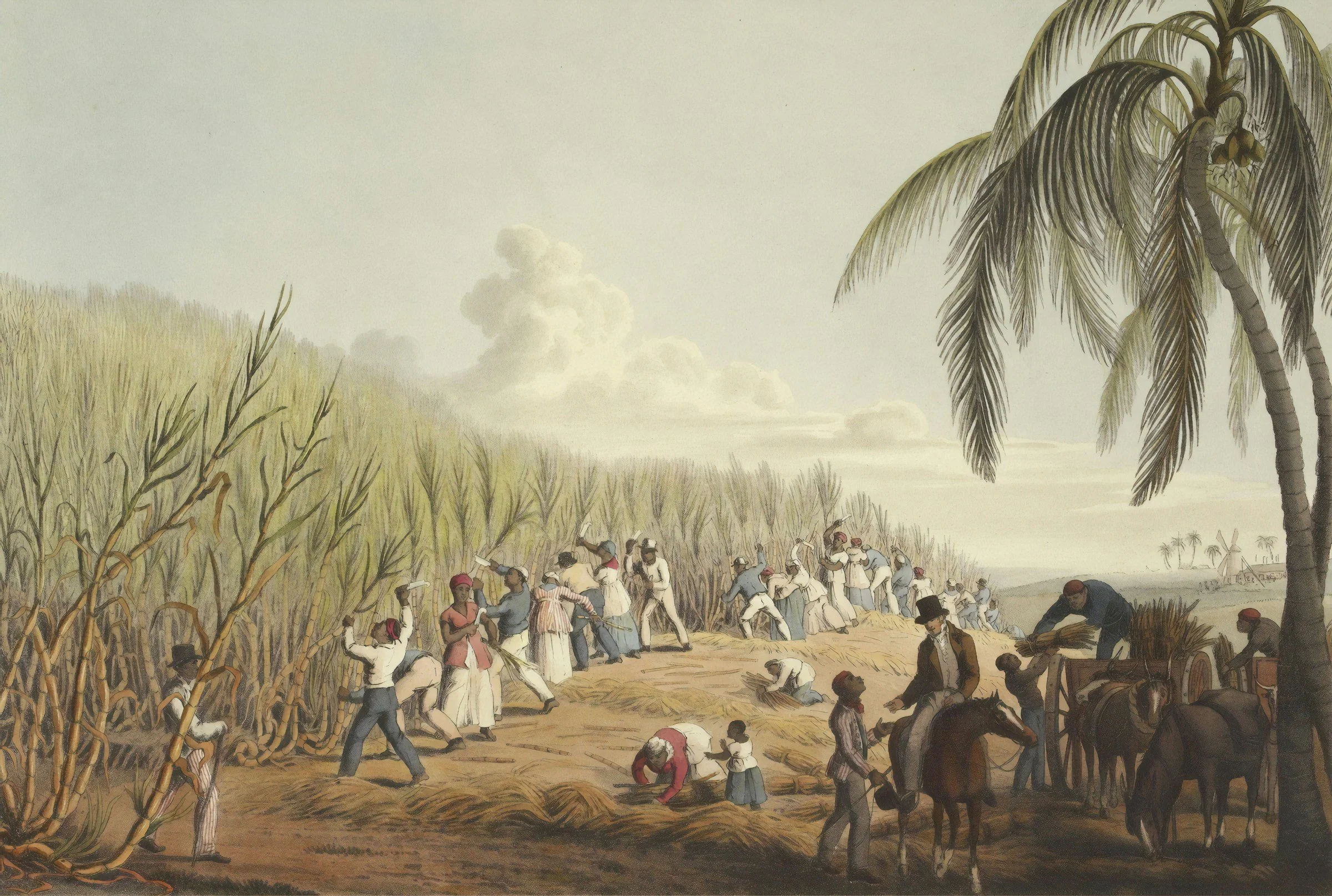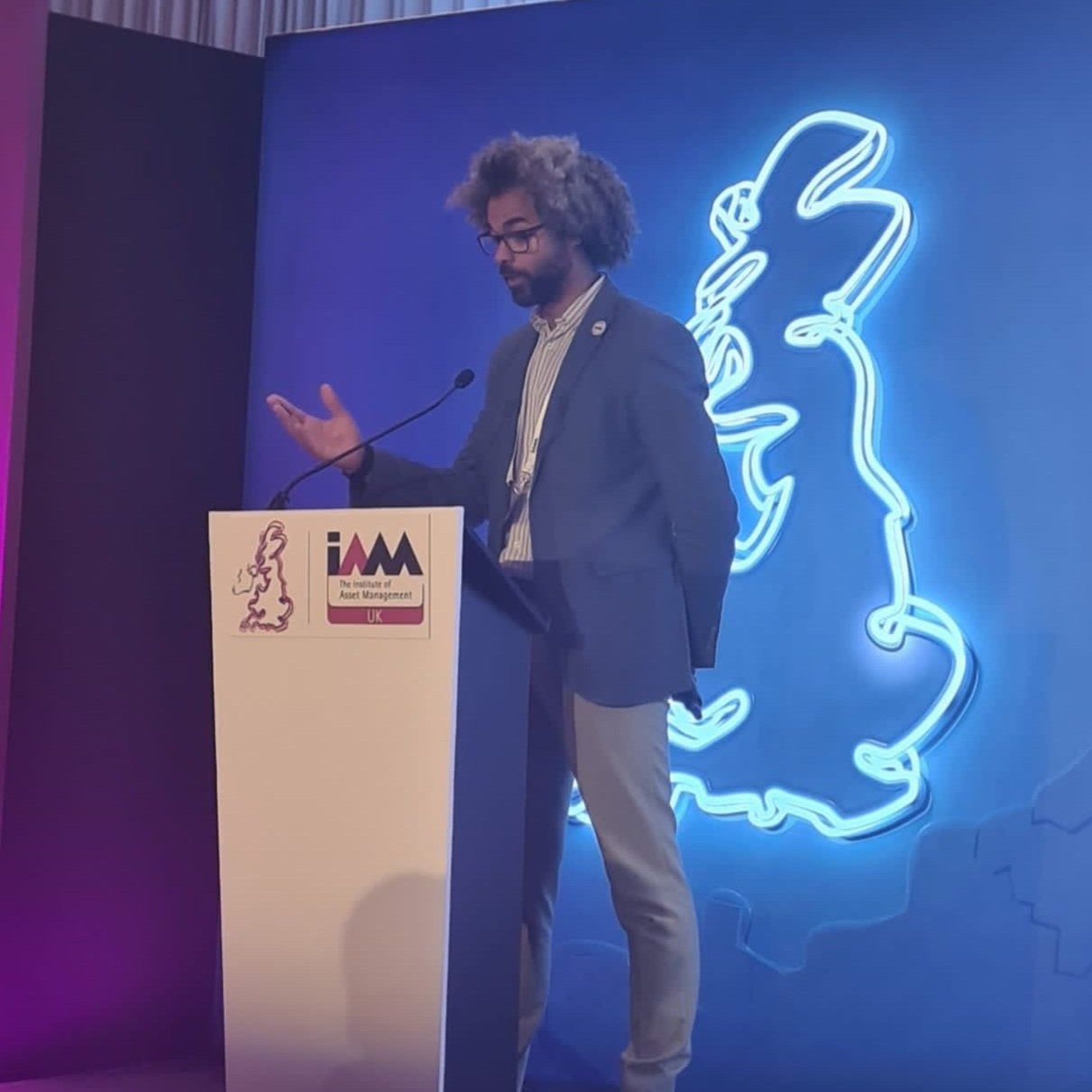It’s definitely too late to say Happy New Year. However, as is customary in January, I’ve been doing some thinking about New Year’s resolutions.
TL;DR
This year I’m aiming to…
Be better at teamwork and get things done through communities,
Do more leading and less directing, and
Reduce my ego and help others to shine.
Short story long…
The power of communities
My main resolution for this year is to try to get things done through communities rather than being directive and task orientated.
Photo by Shane Rounce
I guess there’s something to be said for realising the limits of our own abilities as individuals. It’s natural to think about our plans from the perspective of the self:
“I’m going to do X”
“I will achieve Y”
“I will finish Z”
Very few things are delivered by one person in isolation – the reality is that to do almost anything, we are dependent on others.
That doesn’t mean to say projects don’t have leaders or that ideas aren’t important. The main point is – given the size of my ambitions – I need the help of others. And that means I need to elevate my leadership approach.
Rather than me do all the things, or me give all the things to others as tasks, I need to work to inspire others around an idea. To achieve my goals, they need to match the goals of others so that we’re all trying to help each other.
Leading not managing.
Direction not directing.
A typical career Arc
Relevant to this is some of what my mentors have been helping me with around my leadership development.
While this has been helpful for me, I do appreciate we’re all individuals and there is no right or wrong career path. That said we could summarise a “typical” career arc into 5 modes.
At the start of our career, we spent most of our time learning how to do things. As we get more experience we start to do more things, we are better at what we do and can start to do it independently.
Initially this doing is still part of that learning mode, but as we get more confident and experienced we are able to deliver work independently.
As we get more senior and more experienced, we start to manage the doing of work. We take more ownership of our own work and eventually will start to manage the work of others.
I’m currently learning how to be in the next stage of my career around leading. Specifically I’m finding leadership is less about managing tasks, telling people what to do and how to do it. I’m finding that leadership is more about inspiring others around the idea or the outcome that you’re trying to achieve, and then empowering managers to own a plan of how to deliver tasks that align with the delivery of that overall outcome.
The 5th mode of the career is around counselling others. I think the objective at this point is to have built up enough knowledge and wisdom that your counsel, your views and opinions, have value to others around you. In this final mode of the career it seems to be less about getting stuff done. I think it’s more about being a sage advisor sharing experience and thoughts.
A key point here is that these modes are not rigid but overlap entirely. Everyone should be learning. Most people, regardless of how wise they are, still have to get things done. Some of the best learning moments I’ve had have come from the counsel of junior colleagues through their observations and questions.
It seems useful to me to reflect on the balancing of how much of each mode we hold at different times in our career.
My current focus is on trying to be such a good leader that I am able to empower those leaders around me, creating a virtuous feedback loop. The leader matrix!
We all have ego
In psychological terms, it can be understood that we all hold in our minds an internal constructed model for what “good” and “bad” looks like. Our ego is simply a way of describing how we mediate between the conscious and the unconscious and how we test reality against that constructed model.
Photo by Yeshi Kangrang
While the detail behind that is probably for a different post, I think it is worth making an important caveat that the concept of ego is only a model. This can be useful for exploring who we are and how we relate to others and the world more broadly. However, like all models this is not reality itself but a representation of reality.
Having said that, the premise of the model is that we all have an ego – it’s normal and part of what makes us who we are. What can be useful is acknowledging that:
Our ego can help us – it can fuel our sense of pride in the work that we do, satisfying that constructed model in a way that drives us to do excellent work,
Our ego can get in our way – where we might feel that others are not satisfying that constructed model, driving us to feel that we need to control things in order to correctly satisfy that constructed model.
For me the watch out is letting my ego drive me to obsess over the detail of the deliverables of which I feel ownership - leading to me being directive and controlling. Even worse this can lead to me being personally less productive as I let perfect be the enemy of adequate.
Main thing is just to be mindful of my ego and to be considerate of my actions in the context of what I’m trying to achieve.
Am I helping to achieve the goal or am I just trying to satisfy my ego?
Communities I would like to build and/or contribute to in 2024
(1) My day job
I love working for Mott MacDonald. I am consistently blown away by how hard working and professional my colleagues are. So it’s the perfect environment to work through communities - encouraging others to be at their best as I try to be at my best.
My main focus in my day job this year is going to be around trying to reduce my ego. I want to let brilliant people shine.
While others might solve our challenges differently to how I would - I’m trying to focus more on ‘whether we met the challenge’ rather than ‘whether my “answer” to the challenge was the one we delivered’.
(2) Henry Washington
I’ve been working on a screen play for years now. I think again my ego has been holding me back here. Because I wanted to write it myself, I’d only shared the idea with a few people. Which in hindsight was a bit silly as (1) it’s incredibly unlikely someone is going to “steal” the idea or something and (2) if someone does “steal” the idea I can always point back to this blog post. Ultimately it’s not “my” story - it’s about Henry Washington (I’m writing a more detailed post about this which I will link here when done).
Credit British Library
I always remember Theo Paphitis (on Dragons Den) asking someone -
“Do you want 100% of nothing?”
Better to risk the idea being in the world with the chance of happening than being locked away in my head doing nothing.
The other thing about getting the project out there is hopefully, by having an open mindset working through a “Henry Washington community”, it will be easier for others to join the project rather than “compete” with it.
(3) Centre for asset studies
Last year was incredibly exciting for our think tank. We gained more supporters and contributors and published several articles. And a tremendous highlight was being invited to speak at the Annual Conference of the Institute of Asset Management, sharing some of our case studies and joining Ursula Bryan (CEO of The Institue of Asset Management) at her Inclusive Infrastructure Panel.
However, I’ve also been personally frustrated that I’ve not been able to get as many ideas out of my head and into published content as I would have liked.
Reflecting on this, we have loads of articles that are 90% complete. While I pride myself on being a good “starter finisher” (i.e. I get stuff done) I’m also aware that I have massive ambition, and I’m constantly committing to do more than I personally have capacity to deliver.
Again – reflecting on my ego, I think I have an enormous amount of pride in the work that we are doing with the centre for asset studies. Our mission is to improve the social and economic impact of the built environment – which maps pretty much 1:2:1 to my internal model of “good”. I think this is leading to “Perfect being the enemy of the adequate” where I sometimes struggle to release content because I have excessively high standards.
Applying my resolutions again, the Centre for Asset Studies is another community to build, where I need to empower our supporters and contributors to deliver more. I need to put more trust in the team to get articles over the line and ready for publication. And importantly, I need to accept that it’s okay if things aren’t always perfect. Our publications only need to be good enough to share ideas in an engaging way.
(4) The Institute of Asset Management
My role volunteering as the Communications Director for the UK Chapter of The Institute of Asset Management, is all about building a community. My core purpose is to drive engagement between our membership and our Chapter, and our community and the wider world.
In the first instance, my main focus in this role is to prioritise time to connect with the other UK Chapter Directors. Too many times last year I was late to, or missed, our regular meetings. To be effective in this role it is fundamental that I’m present and connected with the leadership team.
The second goal is to better lean on our membership. This is less about directing volunteers, but again about empowering them. The institute is built by and built for our asset management community, so harnessing that immense talent has got to be the way forward.
Thanks!
If you enjoyed reading this, please consider subscribing for occasional updates to when I’ve shared something new. You can also find me on LinkedIn.
P.S.
If you have any reflecting or thoughts, please do let me know.






